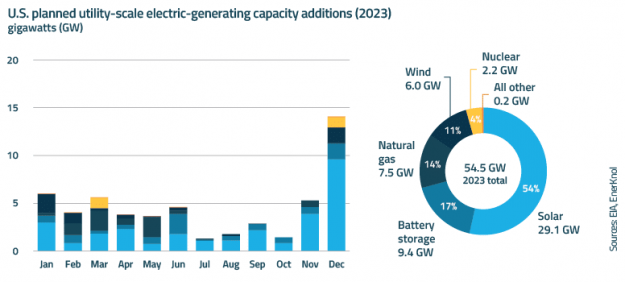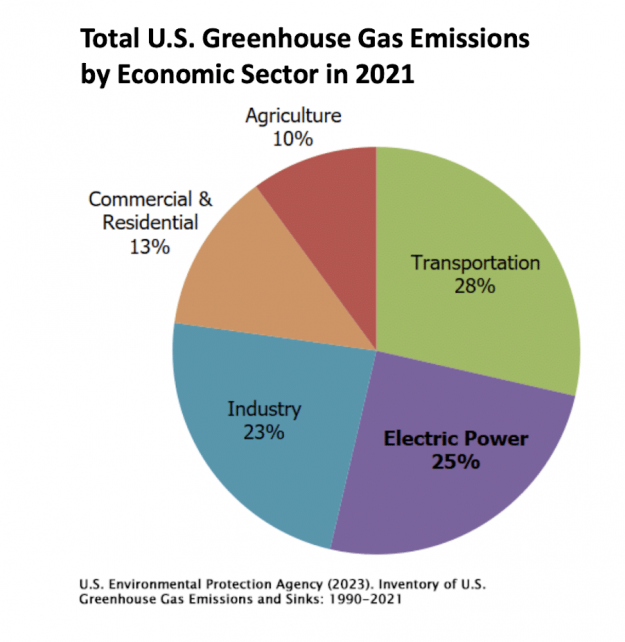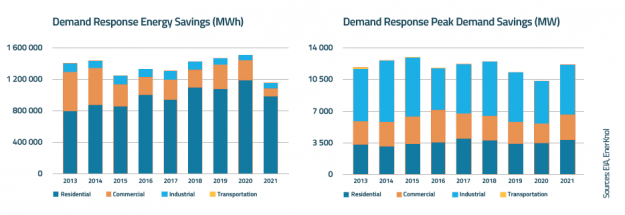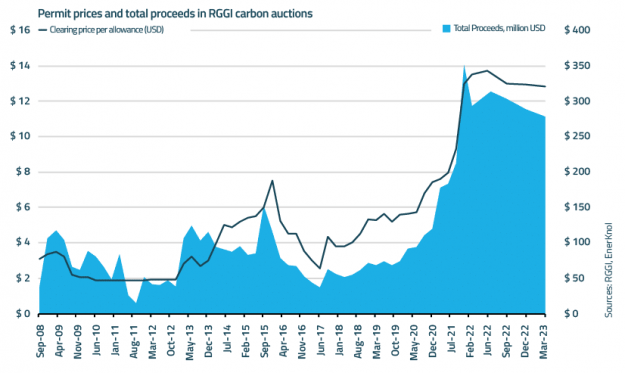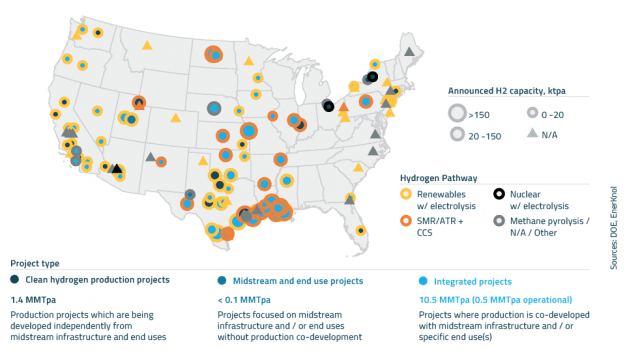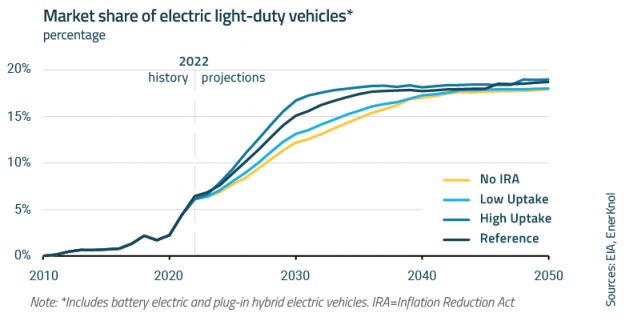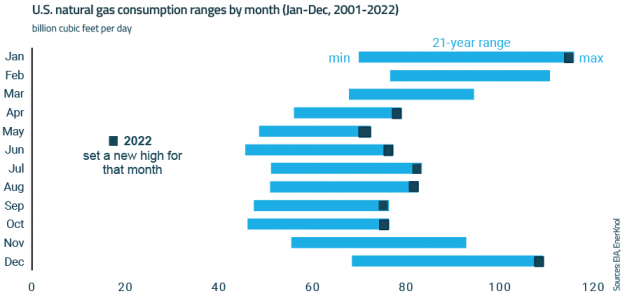Visual Primer: Biden Administration Unveils Novel Carbon Emission Regulations for Power Plants to Further Climate Agenda
The U.S. Environmental Protection Agency (EPA) has proposed new limits on carbon dioxide emissions from coal- and gas-fired power plants, the latest in a string of actions to further the Biden administration’s ambitious climate agenda including proposals to strengthen vehicle emission standards and curb methane leaks from oil and gas wells.
